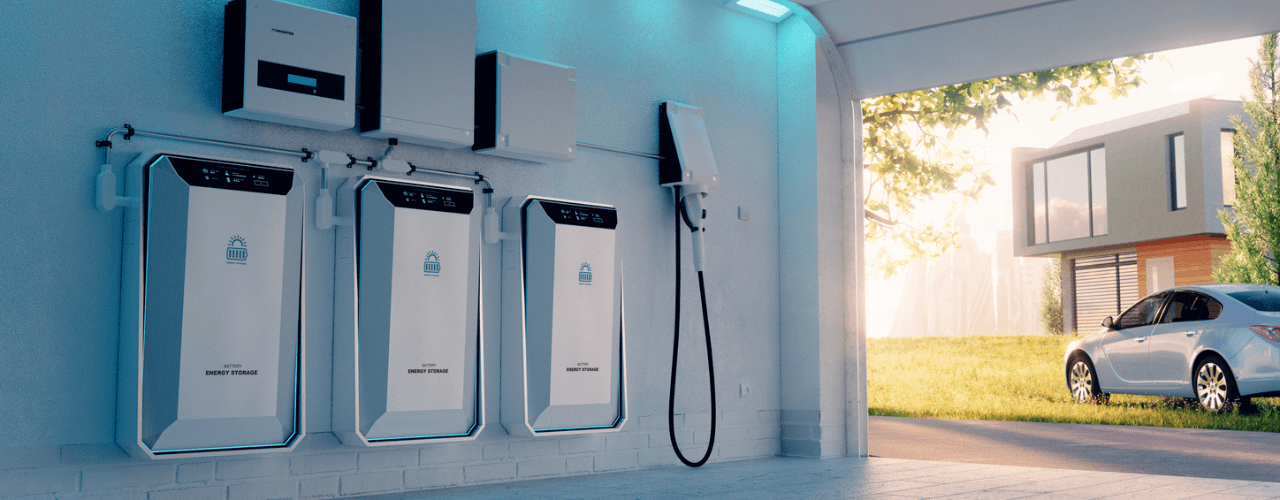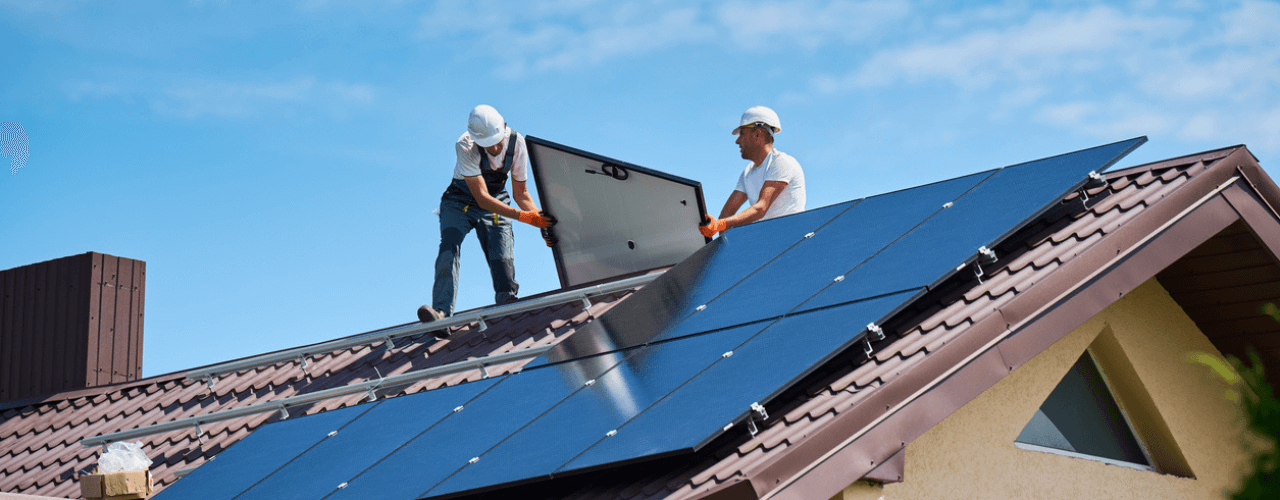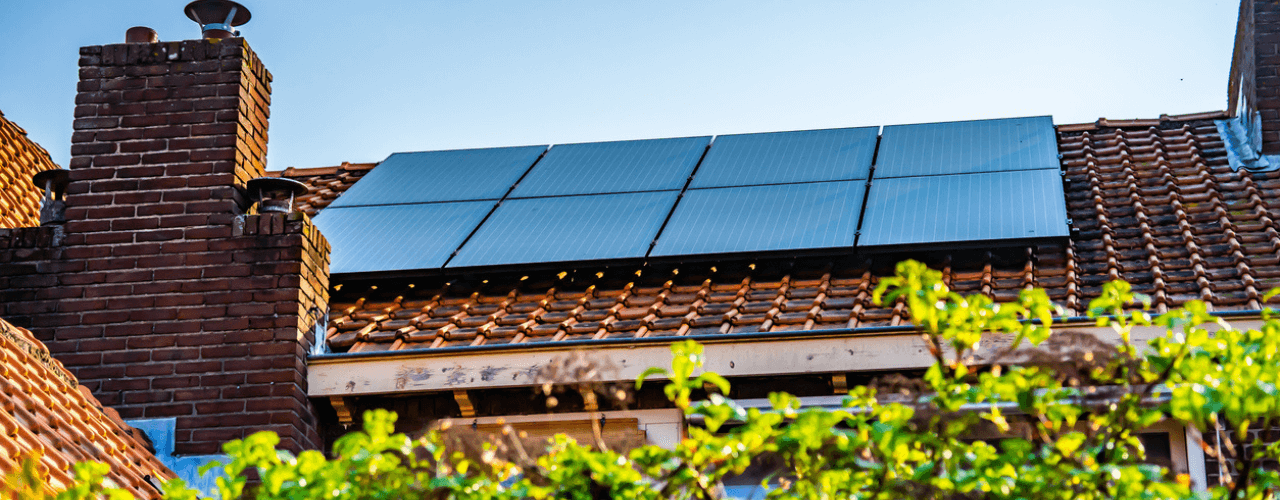
Renewable energy solutions for UK homes and businesses: What are your real options?
Energy bills keep climbing and so does the need to reduce carbon emissions. For UK...

Battery Storage
Renewable Energy
Home energy habits are changing. As more people install solar panels and adopt smart technologies, storing energy for later use is becoming a top priority. One of the most effective ways to do that is with a battery energy storage system.
But how does it work? Is it worth the investment? And how does it fit into your long-term energy strategy?
Battery energy storage systems are no longer niche technology. They’re fast becoming a smart, everyday choice for anyone looking to take control of their energy usage. With energy prices fluctuating and more homes generating their own power, storing that energy for later is what makes the difference.
Instead of sending unused solar energy back to the grid, a battery lets you keep it on-site and use it when it matters most — after sunset, during peak-rate hours, or in a power cut. It’s about using what you generate more intelligently and staying protected against rising costs or unexpected outages.
That control helps you get more value from your solar panels. It also makes your monthly bills easier to manage.
Installing a battery energy storage system at home offers practical benefits:
If you’ve ever looked at your electricity bill and wondered why it’s still so high despite having solar battery storage could be the missing piece. It helps you hold on to the energy you’ve already paid to generate.
For households on time-of-use tariffs, batteries allow you to store cheap energy and use it when costs rise. For solar owners, they help you capture every kilowatt-hour your panels produce.
Batteries work seamlessly with solar panels, storing excess power so it’s available when you need it most. Without storage, any extra solar power you generate is exported to the grid. With a battery energy storage system, you keep that energy and use it when it suits you.
Here’s how it works in practice:
This means you rely less on the grid and pay less, too.
Battery capacities vary depending on brand and setup. Most residential systems range from 4 kWh to 20 kWh or more. A 10 kWh battery could power essential loads (like lighting, fridge, and internet) for several hours.
The size you need depends on:
A qualified installer can recommend the right system based on your energy habits, daily usage, and household size.
They can be, especially for homes with solar. You’ll use more of your self-generated energy and reduce dependency on the grid.
If your solar panels generate more energy than you use, that excess often goes back to the grid for only a small return while you still pay for evening power at full price. A battery energy storage system turns that surplus into usable evening power, saving you money instead of exporting it for pennies.
For example, a household that exports 50% of its solar energy could cut their grid reliance by up to 70% after adding a 10 kWh battery. Over a decade, that could mean thousands in saved energy costs plus protection against future rate hikes.
Battery costs have fallen dramatically over the past decade, and some households are seeing ROI in under 10 years when paired with battery energy storage systems.
If you rely solely on the grid, you’re exposed to unpredictable prices and potential outages. A battery system changes that by giving you consistent savings and more control over your usage. Battery energy storage systems operate quietly, require little upkeep, and don’t produce emissions unlike traditional generators.
If you’re already using solar, adding battery energy storage systems helps you use more of your own electricity, making your solar setup work harder for your household needs.
When choosing a battery energy storage system, consider:
Choose a system installed by an MCS-certified professional to ensure performance, safety, and access to available incentives.
Yes. While solar panels and batteries work well together, you can install a battery on its own to:
This approach works well for homes on time-of-use tariffs or in areas with unreliable power. You can take advantage of smart tariffs from UK energy suppliers that offer better rates for off-peak usage when paired with battery energy storage systems.
Even without solar, a battery energy storage system gives you more control over your usage and peace of mind when prices spike or outages hit unexpectedly.
Rising energy prices, increased adoption of solar, and national pushes for decarbonisation all support the case for home battery storage. The UK government has removed VAT on battery installations when paired with solar, and more suppliers are offering flexible tariffs that reward energy storage.
The cost of a battery energy storage system in the UK typically ranges from £4,000 to £10,000, depending on the size, brand, and installation complexity. Entry-level systems with around 5 kWh capacity start at the lower end, while high-capacity or hybrid setups cost more. Additional expenses may include inverters, monitoring systems, and professional installation.
While the upfront cost might seem high, pairing a battery with solar significantly increases your self-consumption and can reduce your energy bills for years to come. Some suppliers also offer financing or pay-monthly options, making the switch more accessible.
Across the UK, more homeowners are choosing battery energy storage systems each year for the freedom to manage costs, increase self-reliance, and gain peace of mind.
A battery energy storage system gives you flexibility, savings, and resilience all while supporting the shift to cleaner energy.
If you’re ready to make your energy work harder, speak to ESS Group. Our experts can design and install a smart battery solution tailored to your home and goals.
Looking to increase your energy independence? Contact ESS Group to learn more about installing a battery energy storage system in your home.

Energy bills keep climbing and so does the need to reduce carbon emissions. For UK...

Commercial solar helps cut costs and hit sustainability targets both smart moves for today’s business...

High energy bills have become a recurring concern for homeowners and businesses alike. As utility...
We’re here to help with all your renewable energy needs.
Contact us today for expert advice, consultations, and support.